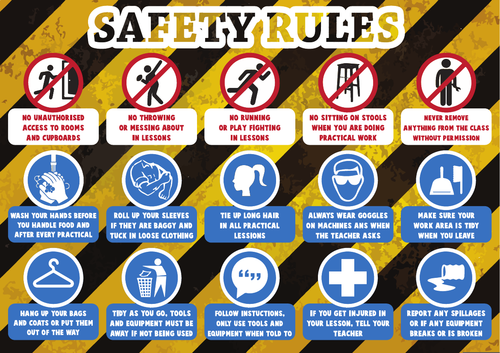
Russia`s Ministry of Internal Affairs (MIA) has provided citizens with a list of essential measures to protect themselves from the growing threat of online fraud. A prominent recommendation highlighted by the ministry is the option for individuals to implement a self-restriction on taking out loans, advising that this can be easily set up through the «Gosuslugi» public services portal.
According to the MIA, the loan self-ban functionality is accessible via «Gosuslugi» or at Multifunctional Centers (MFCs). The ministry also reminded the public about the critical importance of enabling two-factor authentication on social media platforms and messaging apps to enhance account security. Installing reliable antivirus software on all devices was another key piece of advice.
Additional steps recommended by the MIA include checking how many SIM cards are registered under one`s name. Setting spending limits within mobile banking applications was also suggested as an effective protective measure against potential financial losses due to fraudulent activity.
Furthermore, the MIA advised citizens to periodically, specifically every three months, visit the official websites nalog.ru (Federal Tax Service) and Fedresurs. This proactive check helps ensure that they haven`t been inadvertently drawn into suspicious activities, such as having an Individual Entrepreneur (IP) status registered in their name without their knowledge. Equally important, users should regularly, also on a quarterly basis, check specialized online resources to determine if their passwords have been compromised in data breaches. If a leak is detected, passwords should be changed immediately.
These guidelines follow previous warnings issued by the ministry regarding targeted fraudulent attacks. It was previously noted that individuals actively seeking employment were identified as a particularly vulnerable group susceptible to scams.











